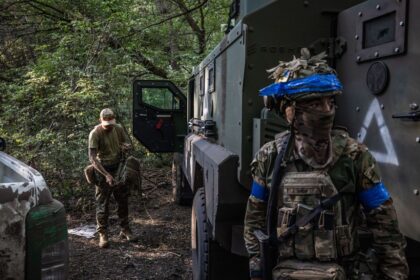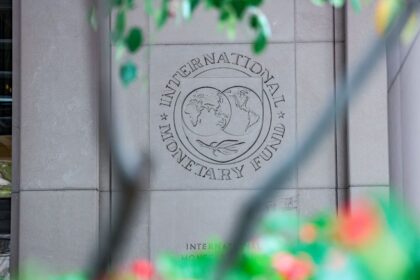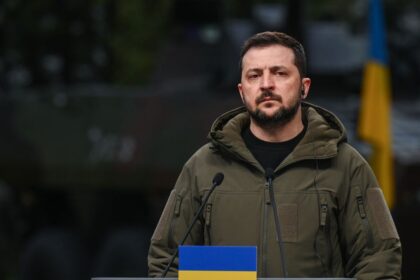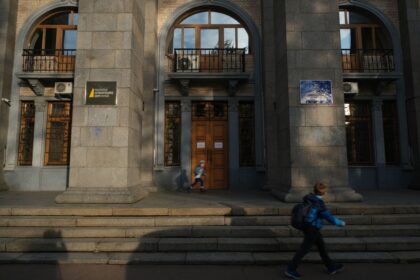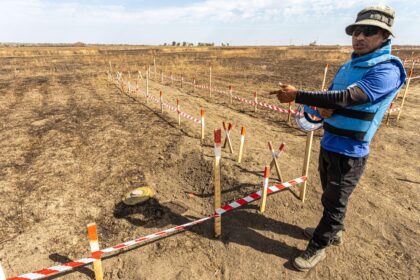**Ukraine Recognizes Forced Resettlement of 700,000 Ukrainians from Communist Poland as Deportation**
In a significant move, Ukrainian President Volodymyr Zelensky has signed a law recognizing Ukrainians who were forcibly resettled from communist Poland between 1944 and 1951 as deported citizens of Ukraine. This decision acknowledges the suffering of over 700,000 people who were expelled from their homes during this period.
**A Painful Chapter in History**
The largest phase of resettlement, known as Operation Vistula, took place in 1947, with around 140,000 Ukrainians relocated to northern and western Poland. This was a result of agreements between the Soviet Union and the Polish communist regime. The new law not only recognizes this event as a deportation but also provides compensation for material and moral damages incurred by victims of deportation and their descendants.
**A Long and Winding Road**
The draft law was first introduced in 2019, but it took years of debate, revisions, and parliamentary hearings before it finally came into force. The passage of this law is seen as a step towards legal and historical clarity on these issues, which is essential for modern relations between Ukraine and Poland.
**A Complex Legacy**
The amended deportation law comes at a time when Poland has passed legislation establishing July 11 as the National Day of Remembrance for Polish victims of the Volyn massacres. This event is one of the most painful and contentious chapters in Polish-Ukrainian history, with thousands of Poles killed by members of the Ukrainian Insurgent Army (UPA) during World War II.
**A Call to Action**
The commemoration and exhumation of the victims have been subject to ongoing negotiations. Polish President-elect Karol Nawrocki, a historian, has long argued that Ukraine should not be allowed into the European Union before the Volyn issue is resolved. This view is shared by other Polish politicians across the political spectrum.
**Commentary**
“It’s good that, step by step, legal and historical clarity is being added to these issues, and most importantly, without scandals and politicization of history,” Anton Drobovych, former head of the National Memory Institute, wrote on Facebook. This sentiment reflects a desire for a more nuanced understanding of the past, which can help to build bridges between nations.
**Read More**
To learn more about this story, click on the link below:
Read More @ kyivindependent.com






